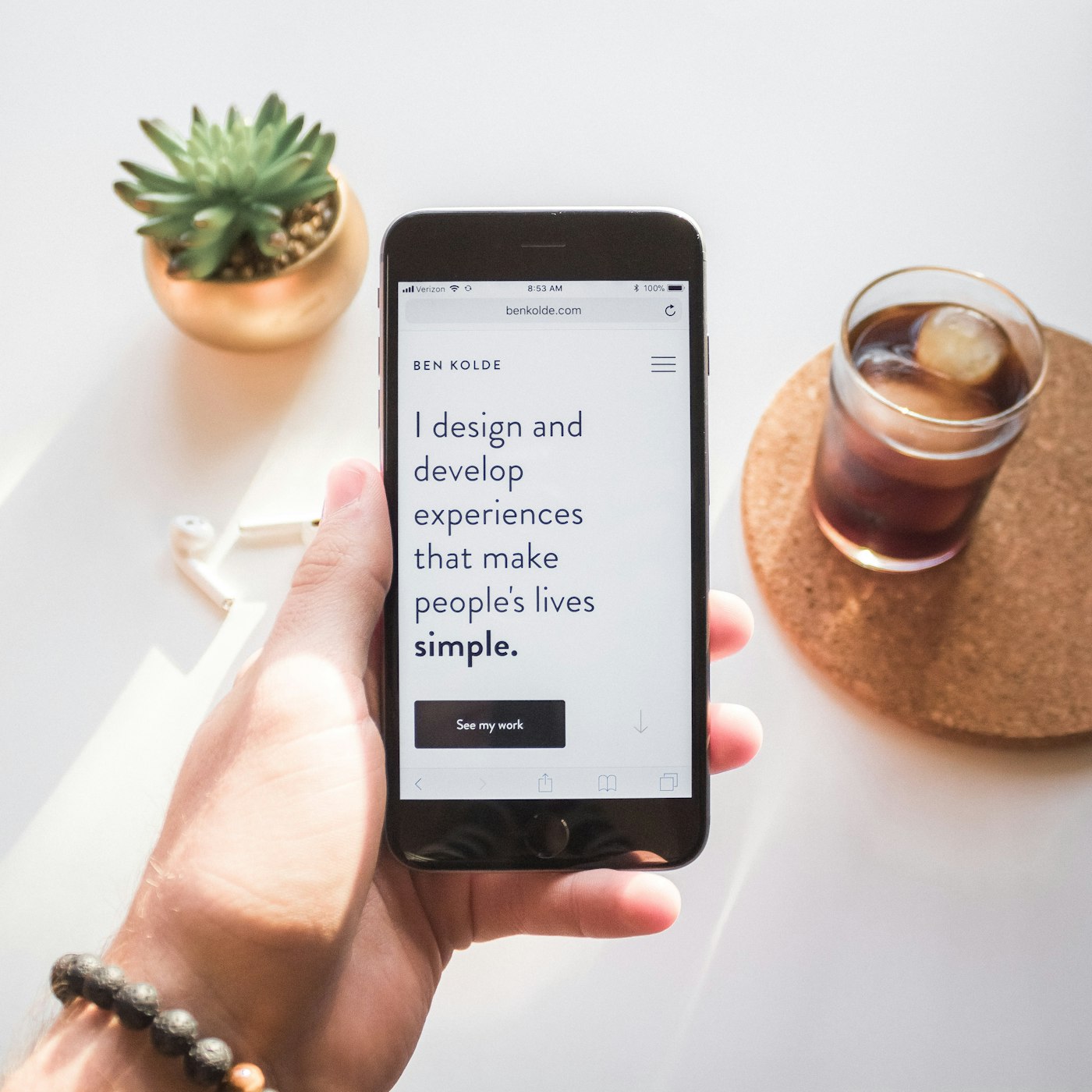How change happens
Each story captures a practical solution co-designed with residents and local partners. We highlight what worked, what didn’t,
and how the next village, settlement, or neighborhood can adapt the model. Every photo on this page reflects the theme of
the story—no stock illustrations, only real-life scenes.
Voices
“My daughters leave for school on time now. We fetch in one trip, not four.” — Committee Treasurer
Replace figures with your latest M&E data before publishing.
Mobile Clinic, Steady Care
A rotating mobile clinic brings triage, vaccinations, and antenatal checks to remote clusters.
Local health workers handle follow-up using paper-first forms that sync offline to protect privacy and reduce device costs.
- Cold-chain powered by roof-mounted solar
- Referral slips for complicated cases to the district hospital
- Community radio reminders the evening before visits
Student Reflection
“We don’t rush homework before sunset anymore. The lab is open after chores.” — Grade 10
Photo Essay: Work with Dignity
Captions are illustrative—replace with local program names and dates.
What changed
Attendance at reading circles is highest in areas with shade structures and seating. Small design details matter.
Measuring Progress
- Baseline → midline → endline with community scorecards
- Independent audits and spot checks for data quality
- Public summaries on the impact dashboard for transparency
Swap placeholders with your current metrics and dashboard links.
Share a Story of Change
Do you have a photo, memory, or lesson from your project site? Add it below—your details help others adapt the model.








